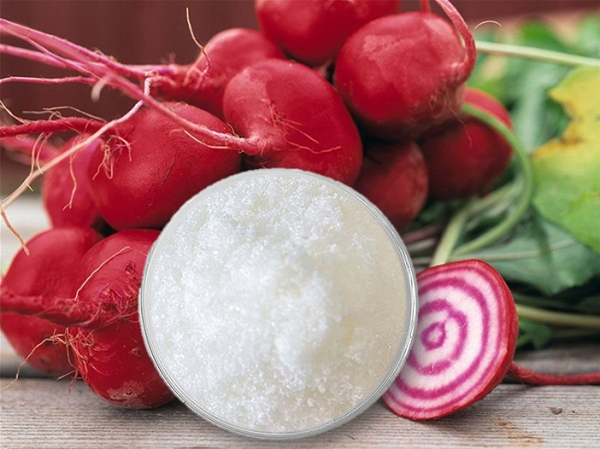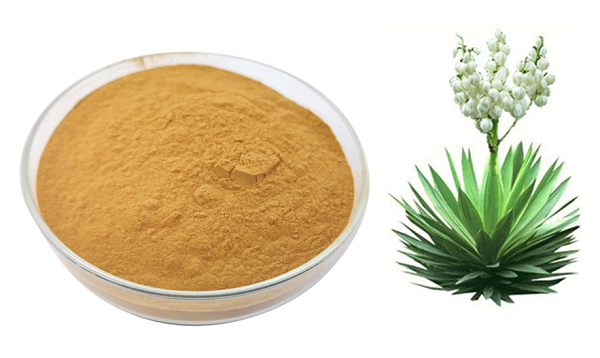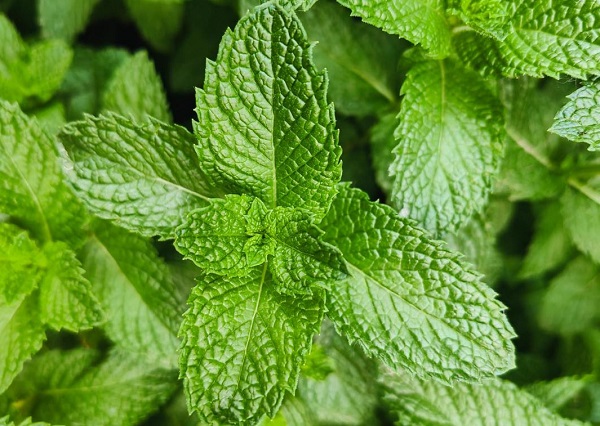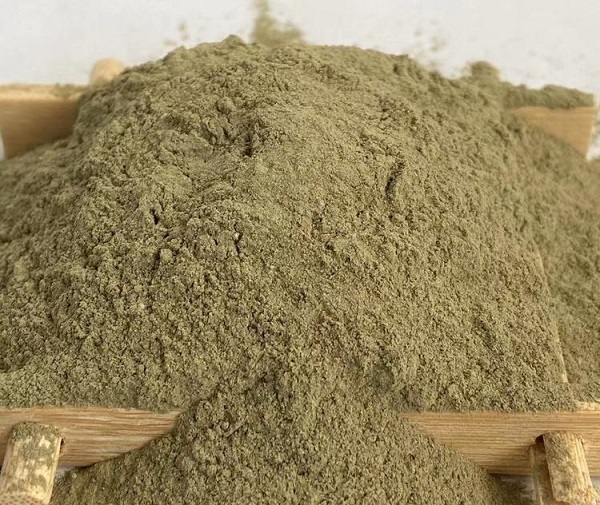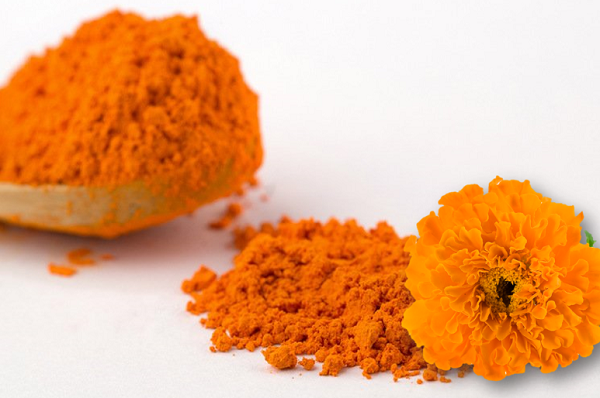Follow Us:
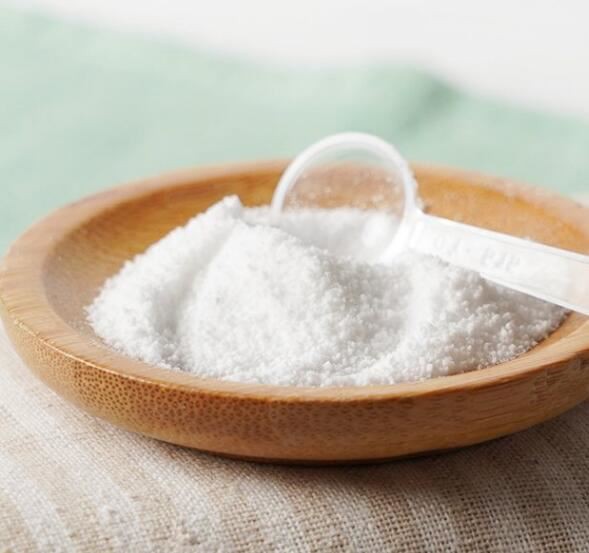
Wholesale Supply of L-Lysine 98%: For Feed Grade Amino Acids
In the highly competitive world of animal nutrition, feed manufacturers are under constant pressure to deliver safe, high-quality, and cost-effective formulas that meet livestock’s nutritional requirements. Among essential amino acids, L-Lysine stands out as a cornerstone ingredient for protein synthesis and growth performance in animals.
Whether you’re sourcing for compound feed, premixes, or specialized formulations, understanding the origin, manufacturing, applications, and regulations surrounding L-Lysine can help you make informed purchasing decisions.
What is Source of L-Lysine?
L-Lysine is an essential amino acid not synthesized by the animal’s body, making dietary supplementation crucial — especially in swine, poultry, and aquaculture feeds. Manufacturers typically derive industrial L-Lysine via microbial fermentation, cultivating Corynebacterium glutamicum or Escherichia coli to biosynthesize L-Lysine from sugar-based feedstocks such as corn, wheat, or molasses.
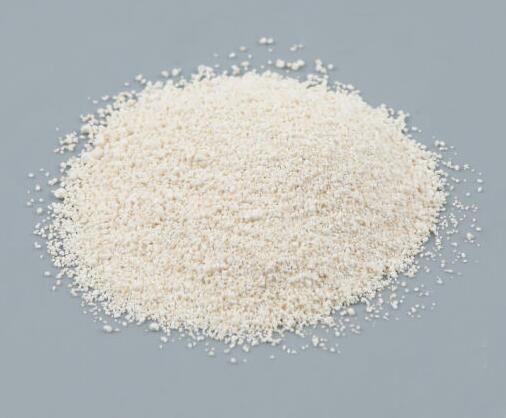
Manufacturing Process
L-Lysine is fully authorized under EU Regulation (EC) No 1831/2003 as a feed additive in the “Nutritional Additives” category:
1. Fermentation: Cultivate selected bacteria under optimized conditions to produce L-Lysine.
2. Separation: The broth undergoes filtration to separate the biomass.
3. Purification: Ion exchange and crystallization techniques are applied to refine the L-Lysine.
4. Drying & Packaging: Dry and package the final product, usually L-Lysine HCl (monohydrochloride) or L-Lysine sulfate, for commercial use.
As a L-lysine powder supplier, manufacturer, Green Agri specialize in the production of L-lysine, CAS number 657-27-2, white or pale brownish powder 98%, animal feed for customers FOB price. that meets global standards for livestock safety and nutrition.
Benefits of L-Lysine in Animal Feed
Supports Muscle Development: Essential for protein synthesis and lean tissue growth.
Enhances Feed Efficiency: Reduces the need for excessive crude protein in feed.
Improves Growth Rate: Especially critical in monogastric animals like pigs and poultry.
Boosts Reproductive Performance: Plays a role in hormone and enzyme production.
Reduces Nitrogen Emissions: Optimizing L-Lysine can help lower nitrogen waste from livestock.
What is Lysine Used for in Animal Feed?
L-Lysine is an indispensable ingredient in:
- Swine feed — for weight gain and carcass quality.
- Poultry feed — for egg production and muscle development.
- Aquaculture — for balanced amino acid profiles
- Pet food — for optimal growth and maintenance.
It’s commonly supplied in powder or granule form for easy integration into feed blends or premixes.
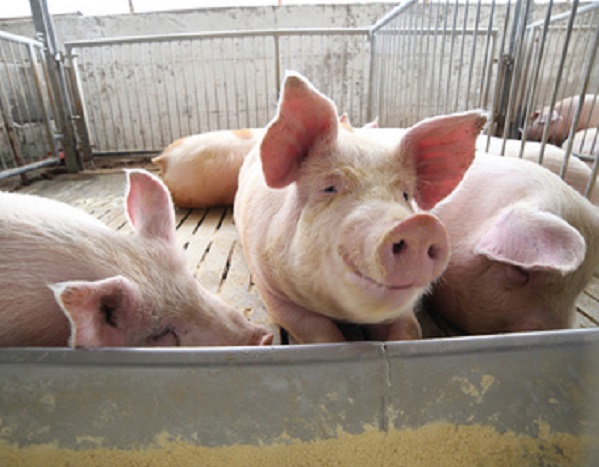
Dosage Recommendations
While optimal dosage depends on species, weight, and growth stage, general guidelines include:
| Species | Typical L-Lysine Supplementation (% of feed) |
| Swine | 0.6% – 1.2% |
| Poultry | 0.7% – 1.0% |
| Aquaculture | 1.2% – 1.5% |
| Pet Food | Varies (based on protein source) |
Formulators often adjust L-Lysine levels in relation to other essential amino acids, especially Threonine and Methionine, to optimize protein utilization.
Formulation Considerations
- L-Lysine Hydrochloride (78-80% L-Lysine content).
- L-Lysine Sulfate (55-60% L-Lysine content, lower cost alternative).
It’s important to choose the right form based on your feed matrix, moisture content, and desired protein balance.
Conclusion
L-Lysine is more than just an ingredient — it’s a performance booster for animal growth, feed efficiency, and overall profitability. Whether you are a feed manufacturer, distributor, or livestock producer, partnering with a reliable wholesale supplier ensures your feed formulations deliver both nutritional excellence and economic value.
Looking for a trusted supplier of L-Lysine for animal feed? Contact us today for bulk pricing.
Also See
- Why Licorice Extract (LE) Can Alternative to Antibiotics in Broiler Chickens: Livestock Feed Additive Price
- Wholesale Yeast Hydrolysate Price: For Animal Feed
- How Yeast Hydrolysate Enhances Feed Palatability: Bulk Ingredients Supplier
- Wholesale Supply Corn Cob Powder in Poultry Feed
- Corn Cob Powder Formula Solution For Poultry Feed
- Does Probiotics and Prebiotics Benefit for Animal Nutrition
- Why Add Vitamin E Powder in Animal Nutrition
- Wholesale Alfalfa Powder For Animal Feed, Livestock Supplement
- Macleaya Cordata Extract in Poultry and Livestock: Performance Enhancers
- How High-Quality Feed-Grade Sodium Bicarbonate Improves Livestock Nutrition
- Is Berberine Hydrochloride Feed Grade 70% Safe
- Is MSM Safe for Animals? Ingredient Guide













